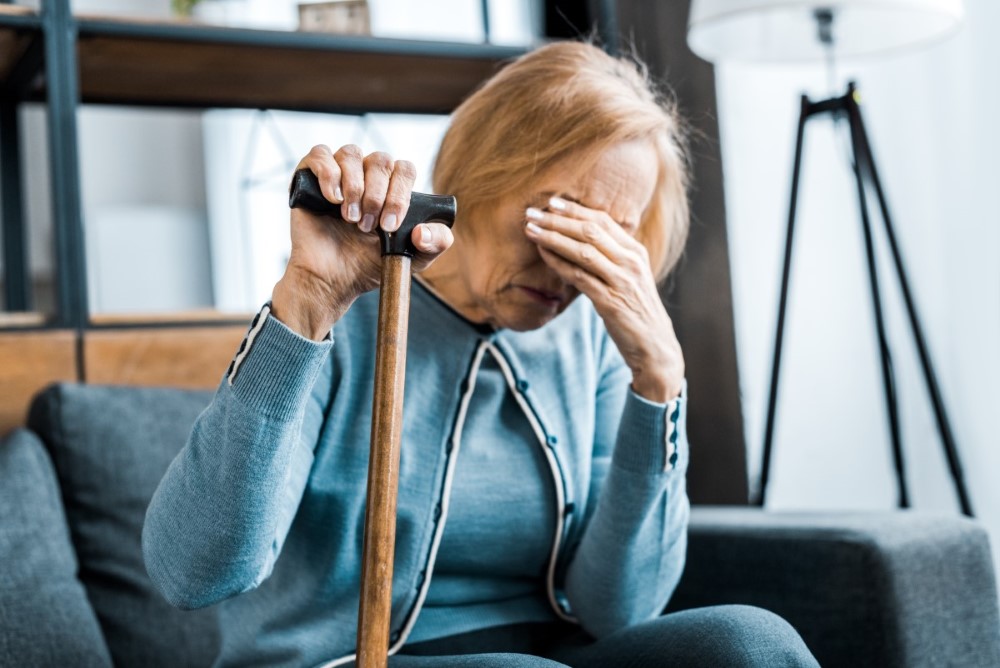For Indigenous communities worldwide, historical trauma – the cumulative emotional and psychological wounding across generations resulting from massive group trauma – has profound implications. This trauma, stemming from colonization, forced displacement, and cultural disruption, has cascaded through generations, contributing significantly to the higher rates of addiction observed in these populations. Understanding this connection is crucial for anyone working towards healing within these communities.
The effects of historical trauma are not confined to a single generation. They ripple through time, manifesting as various social and health issues, including addiction. For Indigenous individuals, the pain of past generations can be a heavy burden, often leading to substance use as a coping mechanism. Recognizing the intergenerational nature of this trauma is vital in addressing addiction in these communities.
Culturally Sensitive Treatment Approaches
Addressing addiction in Indigenous communities requires a culturally sensitive approach. This means incorporating traditional healing practices and values into treatment programs. It also involves respecting the unique cultural identity and experiences of Indigenous people. Such an approach not only honors their heritage but also provides a more effective and meaningful path to recovery.
The Role of Community and Culture in Healing
Healing from addiction within Indigenous communities is most effective when it involves the entire community and embraces cultural practices. Community-led initiatives, cultural ceremonies, and the reclamation of traditional practices play a pivotal role in the healing process. For those seeking to support individuals in these communities, fostering a connection to their cultural roots can be a powerful component of recovery.
Contentious Issues in Treatment and Policy
There is ongoing debate around the best ways to address addiction in Indigenous communities. Some argue for more mainstream, medical-model approaches, while others advocate for exclusively traditional methods. Navigating these differing viewpoints requires a nuanced understanding of the needs and preferences of each community.
Culturally Sensitive Approaches to Trauma in Indigenous Communities:
In the context of Confronting Historical Trauma and Addiction in Indigenous Communities, it’s imperative to comprehend the nuanced indigenous approaches to trauma. Culturally appropriate interventions hinge on a deepened understanding of historical trauma coupled with enhanced personal empowerment and self-determination. Significantly, spirituality serves as a crucial element in effective trauma intervention within indigenous contexts.
Examining the intergenerational effects of historical trauma reveals a cumulative impact reverberating across generations. Even descendants who haven’t directly experienced traumatic events can exhibit trauma-related signs like depression, fixation on trauma, low self-esteem, anger, and self-destructive behavior. Unpacking the broader effects, responses within Indigenous populations may manifest as substance abuse, depression, anxiety, low self-esteem, anger, and suicidal thoughts.
To grasp the intricate link between historical trauma and addiction rates in Indigenous populations, a focused exploration is crucial. Understanding the impact on mental health and the adoption of maladaptive coping mechanisms, such as substance abuse, lays the groundwork for informed interventions.
Future Directions in Healing Historical Trauma and Addiction
The future promises a greater recognition and understanding of the impacts of historical trauma on addiction within Indigenous communities. This awareness is crucial for you, especially if you are a part of or working with these communities, as it will lead to more informed and empathetic approaches in addressing addiction and its root causes.
Culturally Informed Treatment Innovations
As we move forward, there is likely to be an increase in innovative treatment methods that are both culturally sensitive and effective. These methods will be designed with a deep understanding of Indigenous traditions and values, offering you or your community healing practices that resonate with your cultural identity.
The role of community in healing and recovery is expected to grow stronger. Future strategies may focus more on community-led initiatives, empowering Indigenous communities to take charge of their healing journey. This approach not only fosters a sense of ownership but also ensures that the solutions are tailored to the unique needs of the community.
Bridging Traditional and Contemporary Practices
An exciting potential development is the integration of traditional Indigenous healing practices with contemporary medical treatments. This holistic approach can offer a more comprehensive treatment pathway, combining the wisdom of traditional practices with the advancements of modern medicine.
Future policy developments are anticipated to focus on reducing the barriers to accessing addiction treatment in Indigenous communities. This means advocating for equitable healthcare access, funding for culturally appropriate treatment programs, and policies that support the overall well-being of these communities.
Empowerment Through Education and Advocacy
Increased education and advocacy are key to empowering Indigenous communities in confronting historical trauma and addiction. Future efforts may include educational programs to raise awareness, as well as advocacy initiatives to ensure that the voices of Indigenous communities are heard and their needs are met.
Embarking on the exploration of Confronting Historical Trauma and Addiction in Indigenous Communities, we confronted profound challenges rooted in the historical and intergenerational trauma experienced by these communities. The weight of cumulative trauma manifested in various forms, from depression to substance abuse, reflecting the deep scars etched across generations.
However, within these challenges lie seeds of resilience and culturally sensitive solutions. The indigenous approaches to trauma, emphasizing an understanding of historical trauma, empowerment, and spirituality, stand out as beacons of hope. Recognizing that historical trauma is not confined to those who directly experienced it, but reverberates through descendants, opens a pathway for empathy and informed intervention.
As we traverse this narrative arc, the intertwining of historical trauma and addiction in Indigenous communities unveils itself. The responses, while complex and multifaceted, become a focal point for compassionate understanding. From depression to self-destructive behavior, the challenges are met with the recognition that substance abuse, low self-esteem, and suicidal thoughts are not just symptoms but manifestations of deeper wounds.
In affirming the solutions presented within, we acknowledge the power of culturally sensitive approaches. By understanding the unique dynamics at play and fostering a connection to spirituality, we pave a way forward. The narrative comes full circle, from the acknowledgment of pain points to the illumination of solutions. In confronting historical trauma and addiction in Indigenous communities, this journey is not just a narrative—it’s a call to action for understanding, empathy, and healing.




